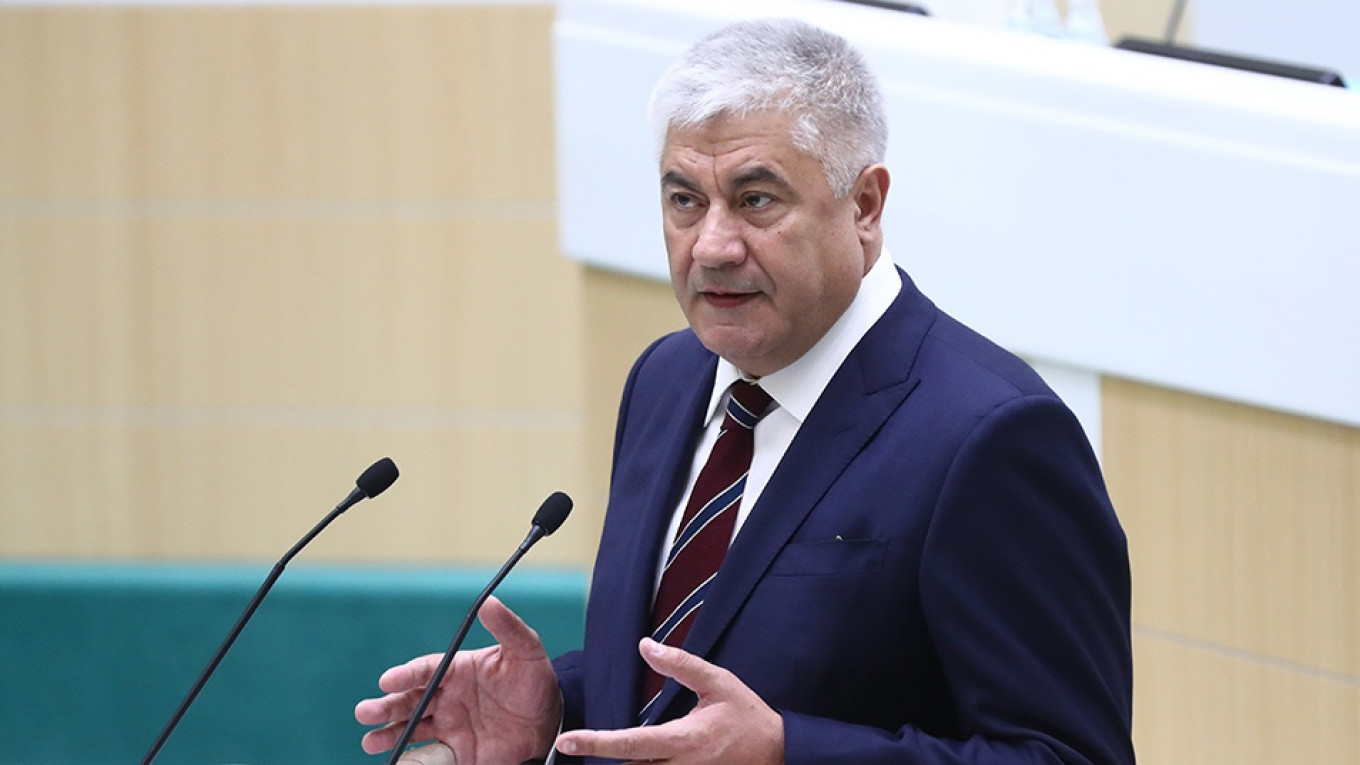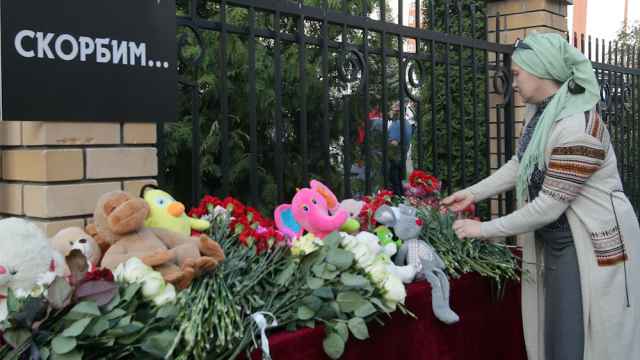Russia’s police chief seeks to recruit volunteers for a new project: as censors to weed out banned information from the internet.
Internet providers in Russia are legally required to restrict access to banned content. Most recently, legislation went into force requiring Russian telecom companies to store users’ communications under controversial anti-terrorism laws.
Interior Minister Vladimir Kolokoltsev told a forum of volunteers assisting with missing persons search and rescue that his staffers “always need the public’s help” in drug prevention and battling juvenile delinquency.
“We could also partner in monitoring the internet networks to search for banned information,” he said to the RBC business portal on Tuesday.
The Agora international human rights group estimated that Russian authorities blocked an average of almost 250 web pages a day in 2017. RosKomSvoboda, a nonprofit that monitors internet censorship, said there were over 100,000 blacklisted websites in Russia as of Wednesday.
Authorities have also increasingly handed out jail sentences on charges of extremism to ordinary Russians for social media activity ranging from sharing images to posting comments critical of the country’s leadership.
The Russian Supreme Court has for the past two years opposed the surge in extremism convictions, most of which are handed down on web and social media users.
The same court, however, ruled last month that the authorities can confiscate phones even without a criminal prosecution.
A Message from The Moscow Times:
Dear readers,
We are facing unprecedented challenges. Russia's Prosecutor General's Office has designated The Moscow Times as an "undesirable" organization, criminalizing our work and putting our staff at risk of prosecution. This follows our earlier unjust labeling as a "foreign agent."
These actions are direct attempts to silence independent journalism in Russia. The authorities claim our work "discredits the decisions of the Russian leadership." We see things differently: we strive to provide accurate, unbiased reporting on Russia.
We, the journalists of The Moscow Times, refuse to be silenced. But to continue our work, we need your help.
Your support, no matter how small, makes a world of difference. If you can, please support us monthly starting from just $2. It's quick to set up, and every contribution makes a significant impact.
By supporting The Moscow Times, you're defending open, independent journalism in the face of repression. Thank you for standing with us.
Remind me later.






